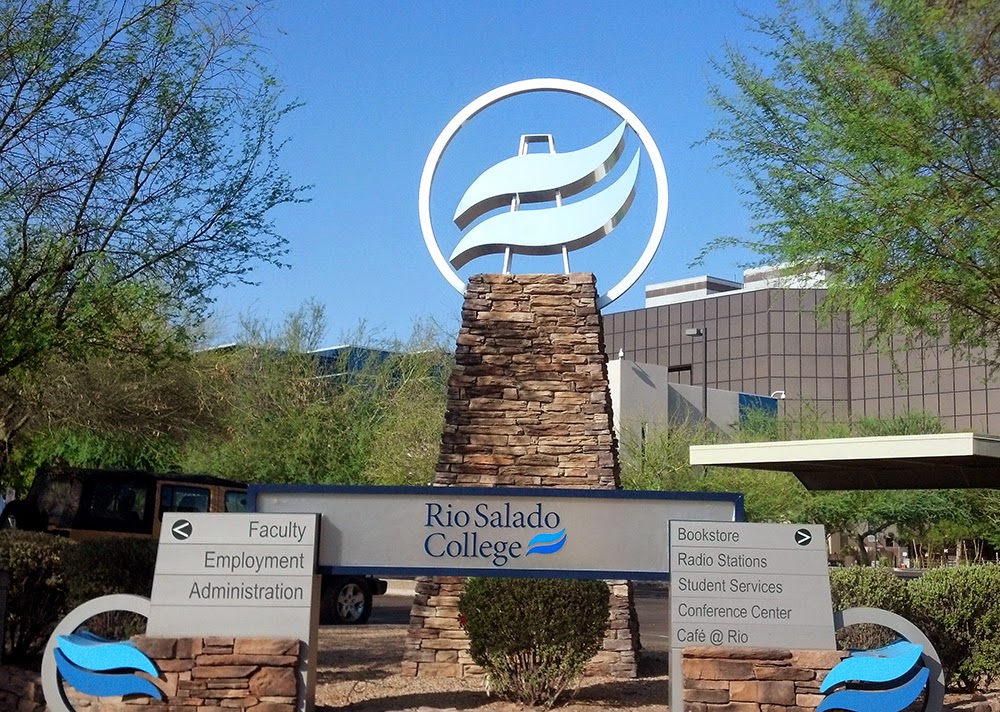In the face of many difficulties, including massive budget cuts, low graduation rates, and students who need an abundance of guidance and support to stay on track, community colleges throughout the nation are finding ways to keep their doors open and graduate students on time. No school has been more successful in making the most of a less-than-ideal situation than Rio Salado College.
Rio Salado is part of the Maricopa Community College District, a ten-campus system in Phoenix that offers over 10,000 courses for its 250,000 students on campus and online. It is one of the largest higher education institutions in the United States. Rio Salado accounts for roughly 60,000 of the system's students, many of whom attend part-time to accommodate work schedules and family needs due to economic disadvantages.

Students who come from poverty have the odds stacked against them about graduation. The graduation rate for community college students in the United States is at most 40 percent, but that number falls drastically for poor and working-class students. According to the New York Times, only about one-quarter of first-year college students born into families in the bottom half of the income spectrum will go on to get an undergraduate degree within six years. Yet, 90 percent of students in the top one-quarter of the income spectrum will obtain their degree. Socioeconomic status will significantly determine whether a student gets a degree.
Robust





















